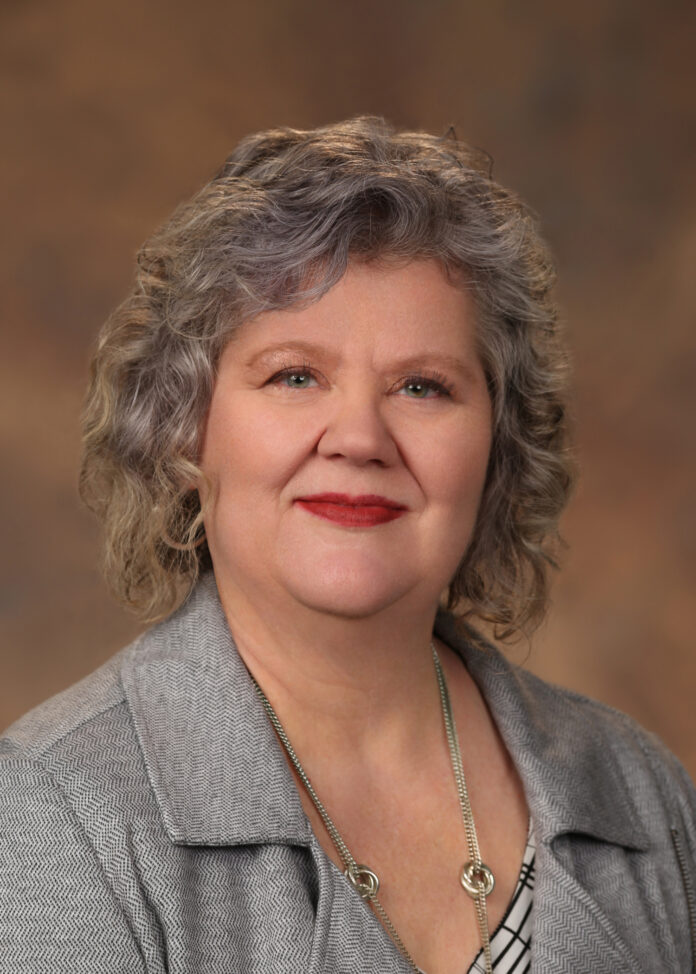
By Carol A. Cates, MSN, MBA, RN
Chief Nursing Officer
Odessa Regional Medical Center
The amount of blood cells in someone’s blood is measured by two lab values, hemoglobin, and hematocrit. Hemoglobin is the values that is used most often to determine if someone needs to receive blood. Normal hemoglobin for women is about 12-16 and about 14-18 for men. I say about because there is a little variation by lab and regions throughout the U.S. and the world. When I was a young nurse, we used to give people blood (known in the medical world as transfusing blood), when their hemoglobin fell below 9.0. Over the course of my career that slowly dropped to 7.0 because we have learned that the risks from blood transfusion versus the benefits really fall strongest on the benefit side at that 7.0 mark. It’s been that way for at least 10 years now. The only time we really give blood for a hemoglobin above 7.0 now is if there is a compelling medical reason, like the person is actively bleeding. That was until just a few weeks ago. The recommendations have changed again. Now, we don’t give blood until hemoglobin is less than 6.8. Unfortunately, the reason is not because its better for everyone, it’s because we are in the worst blood shortage in more than a decade.
The reason for the shortage is because blood drives are down nationwide since the start of the pandemic. According to the American Red Cross, college and high school blood drives that used to account for about 25% of all donated blood are down 62% across the US. Blood drives that other organizations routinely held pre-pandemic have not restarted or are routinely cancelled because of illness. Additional cancellations, unfortunately, have been because the blood banks have suffered with the same issue all healthcare organizations are currently struggling. So many people have left healthcare over the course of the pandemic, there are just not enough qualified people to go around. COVID-19 itself may have contributed to the shortage because those patients who are overloading the system from a hospital bed situation also occasionally need blood over the course of their illness. It’s literally that perfect storm. A whole lot of bad converging in one spot. In this case, it means that 1 in 4 blood products that hospitals and other healthcare organizations need to save a life are likely unavailable. Many blood banks routinely have less than 1 day of blood supplies on their shelves available for hospitals and other healthcare organizations.
There is only one way to fix this problem. People need to donate blood. Even in the best of times, only 3% of the people who can donate blood do. Blood donation is needed every day, but now more so than ever. Please consider donating blood if you are over 16 (you may need a parental permission if you are 16 or 17, please speak to the blood bank in that case), if you weigh at least 110 pounds and you are in good general health. There are some additional restrictions, but those are the basic requirements. If you would like a list of more specific requirements, you can find that list at www.vitalant.org/eligibility/additional-eligibility-requirements
Vitalant is our local blood bank. Please reach out to them to donate. You can make an appointment on their website, or see a list of upcoming blood drives where you can donate on their website at https://donors.vitalant.org/dwp/portal/dwa If you are part of any organization that could host a blood drive, you can get with Vitalant at that same site to set up a drive. Vitalant is super easy to work with when it comes to setting up blood drives. They do most of the work of a blood drive, they take care of the sign up, they bring either their bus or the supplies and all the people to take donations at your site, they will send you posters and other information to give out ahead of time. All you must do is help spread the word and get donors to the blood drive and provide a site.
Jean Watson, my favorite nursing theorist, said, “As nurses, we have the joy and privilege of taking care of others at their most vulnerable.” That quote applies to blood donors as well. Those who donate take care of others at their most vulnerable, and it is a joy and privilege you will find after donating. A donated unit of blood is literally a gift of life for another. Please donate blood if you can and donate soon!



